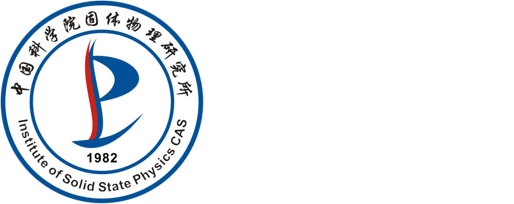Research
Scientists Developed Versatile SERS Substrate for Highly Sensitive Detection of different sized Analytes
| By
Recently, a research team led by Prof. MENG Guowen from Institute of Solid State Physics, Hefei Institute of Physics, Chinese Academy of Sciences, together with Prof. WEN Liaoyong from Westlake University, developed a universal surface-enhanced Raman scattering (SERS) substrate based on a noble metal "Slot-under-Groove nanoarray". The SERS substrate enables high-sensitivity and rapid detection of various small molecules and large biomolecules with different sizes.
The research results were published as an inside front cover article in ACS Nano.
SERS spectroscopy has widely used for its high sensitivity, fast response, and fingerprint identification. However, detecting large-sized analytes using SERS technology is a challenge as it is difficulty for the large-sized analyte to enter the much smaller sized "nanogaps or hot spots". A highly sensitive and versatile SERS substrate is urgently needed to detect a wide range of analytes.
In this research, scientists designed a unique SERS substrate called a "slot-under-groove nanoarray" for detecting analytes of different sizes. The specially designed nanoarray consists of an upward-facing conical groove on the top and a rectangular narrow gap at the bottom as show in the following Figure.

Numerical simulations reveals that the coupling of the two-dimensional gap-surface plasmon mode on the top and the localized surface plasmon resonance mode at the bottom results in strong field enhancement effects. To fabricate this SERS substrate on a large scale, aluminum sheets pre-patterned with convex molds were anodized and subsequently pore-widened several times. After sputtering a thin layer of noble metals, different geometric features and sizes of the noble metal "Slot-under-Groove" nanoarrays were achieved. The unique SERS substrates showed a high detection sensitivity and an enhancement factor for various analytes, including small probe molecules, Alzheimer's disease biomarkers, bovine serum albumin, and SARS-CoV-2 pseudovirus.
This research provides a strategy to fabricate versatile SERS substrates for sensitive detection of various sized analytes.- Attachments Download:
-
contact
Prof. MENG Guowen
E-mail: gwmeng@issp.ac.cn


